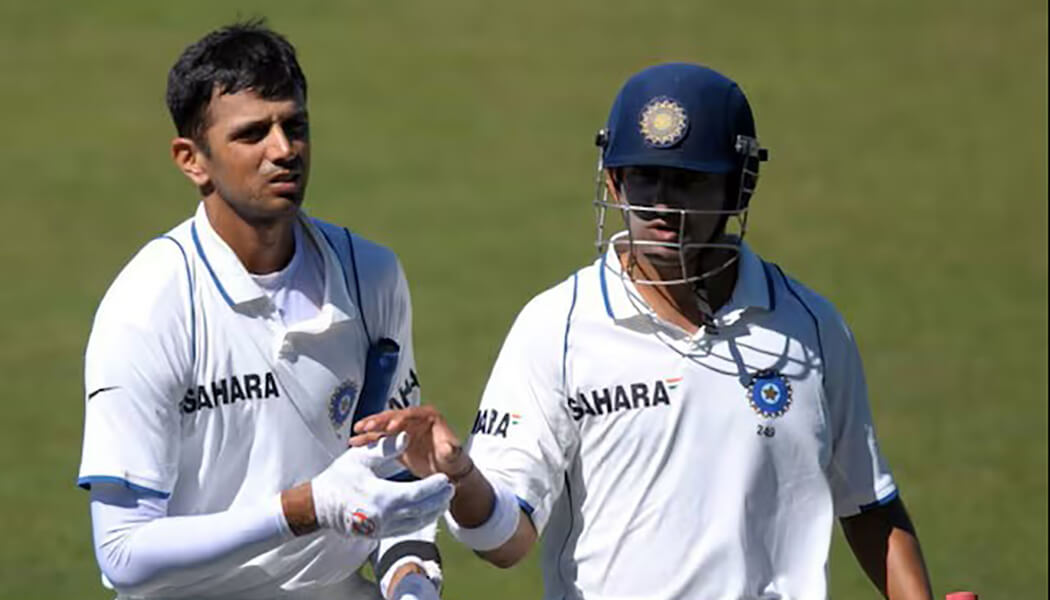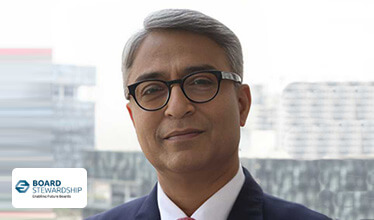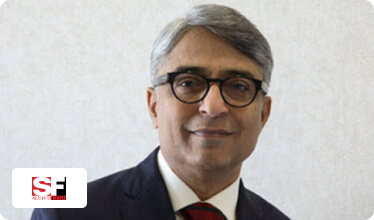The recent changeover of Gautam Gambhir as India’s national cricket coach, following the conclusion of Rahul Dravid’s term, offers valuable lessons for coaches and the coaching fraternity. This transition, handled with grace and efficiency, provides insights that can be applied in various coaching scenarios, especially in the corporate world.
Rahul Dravid’s tenure as India’s national coach was marked by his dedication and professionalism. He completed his assignment and gracefully passed on the baton without lingering beyond his contract period. Notably, Dravid delivered a memorable finish by guiding the team to victory in the T20 World Cup, underscoring his commitment to fulfilling his responsibilities until the very end. This highlights a crucial aspect of coaching: the ability to deliver within the contract period and if required, make way for another coach without disrupting the client relationship.
The smooth transition of coaching responsibilities from Dravid to Gambhir is another key takeaway for corporate coaches. In the corporate world, ensuring that your client does not suffer during a transition period is essential. A seamless handover process ensures continuity and allows the client to remember the coaching days positively. Dravid’s exit was not just about leaving on a high note but also ensuring that his successor, Gambhir, could step into a stable and supportive environment.
For coachees, understanding the dynamics of changing coaches is crucial. When transitioning from one coach to another, being open to the incumbent’s ways and expectations is vital. An open mindset is invaluable as it prevents the previous experiences from hindering the new journey. This adaptability is critical in both sports and corporate coaching. Each coach brings a unique style and approach, and embracing these differences can lead to greater growth and success.
Dravid and Gambhir’s personalities, styles, and approaches are markedly different. Yet, they share a common goal: the success of the team and the client. Corporate leaders can learn from this by welcoming a coach’s fresh approach with an open mind, free from any preconceived notions. Understanding that each coach has their method and respecting that approach can enhance the coaching experience and outcomes.
The biggest qualification and motivation for a coach is to see their coachee succeed. In the corporate sense, this translates to helping leaders reach the next level. A coach’s ultimate satisfaction comes from the progress and achievements of their clients. This was evident in Dravid’s career, where his joy and fulfilment were apparent in the successes of the players he mentored.
Gautam Gambhir’s appointment as the national coach following Rahul Dravid’s tenure is a testament to the importance of smooth transitions, adaptability, and respect for different coaching styles. As Gambhir takes the reins, the lessons from this transition period can serve as a blueprint for both sports and corporate coaches.
In conclusion, the coaching fraternity can draw several lessons from the recent changeover in India’s national cricket team. These include the importance of completing assignments with excellence, ensuring smooth transitions, being open to new coaching styles, and focusing on the ultimate goal of the coachee’s success. As corporate leaders, embracing these lessons can lead to more effective coaching relationships and better outcomes for both coaches and coachees.











